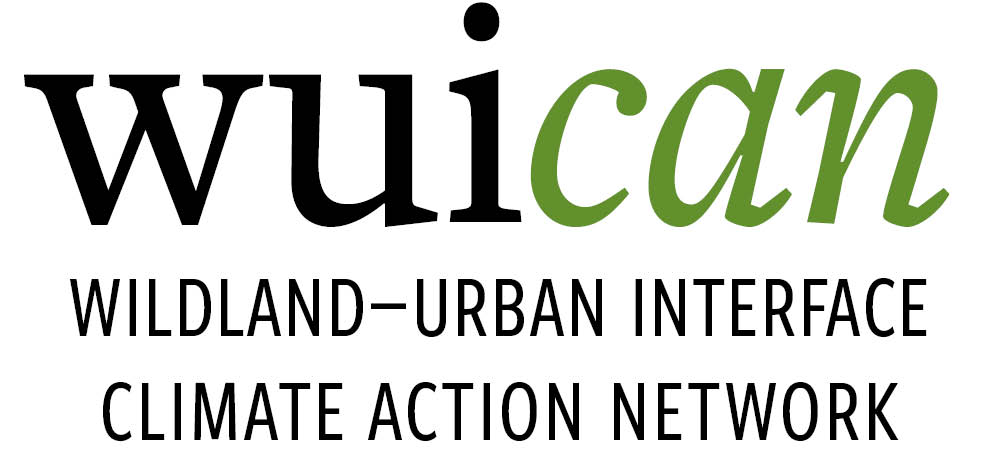How Harbor Christian Church’s Blue Theology program seeks to heal relationships with the earth

Elane Westfaul
November 30, 2024
Dishwashing as a spiritual sustainability practice. Hope as a tool for combatting climate change. Finding God in Creation, not simply in the sky.
These may not be the first images that you associate with the Christian tradition. However, discussions about love and responsibility for Creation are vital components of Harbor Christian Church’s Blue Theology program.
As part of WUICAN and UCHRI’s Climate Action Summer Institute, I got an inside view of this program, which seeks to transform young people’s relationship with the natural environment. WUICAN provided funding for Harbor Christian to develop their curriculum and share it with a larger community of educators.
“Blue Theology is presenting opportunities for kids to have a genuine connection with the earth, and I think that’s something that a lot of kids don’t have any more in their day-to-day life,” says Natalie Alderton, an intern with Blue Theology.
This sentiment was echoed by Ryan Cullumber, Harbor Christian’s associate pastor, who recounted a childhood filled with time spent in the woods. He explained that Blue Theology offers campers an opportunity to study the ocean ecology native to southern California through education, play and exploration.
Nurturing young people’s connections with the earth provides a hopeful, renewable well for climate action. As Natalie noted, “If you love something, you have boundless energy to protect it.”
Campers begin each morning with movement, followed by breakfast and cleanup before the day’s field trip. Summer 2024’s field sites included Huntington Beach Wetlands Conservatory, Muth Interpretive Center, Back Bay Science Center, Newport Balboa Pier Beach, Orange Coast College Aquatic Labs, the San Joaquin Marsh, Aquarium of the Pacific, and a trip to the Crystal Cove tidepools. Evenings are spent recapping the day’s events through the lenses of campers’ leadership roles. By taking on assignments as wildlife journalists, nature photographers, field poets and artists, and data collectors, campers are able to discover their passions.
The curriculum also provides campers with a sense of communal responsibility, an important component of what it means to heal relationships with the earth.
“Community is another word for ecosystem,” says senior pastor Sadie Cullumber, who explained that combatting the climate crisis also means shifting how we interact with each other, the natural environment and non-human creatures.
Blue Theology closes each day with worship, which invites campers to think about the events of the day within the context of faith. This summer, evening worship centered around a discussion of Genesis. Campers critically engaged with interpretations of the Biblical Creation story as entangled in harmful human perceptions of their right to domination over the natural environment.
Pastor Cullumber explained that faith communities have been under-involved in climate action historically. She wants to change that. “We’re a voice of faith and reason that’s creating space for young people and their mentors and chaperones to come and take the things that they learn back to their home communities. That might be a mountain ecology, an urban community, or a marine setting like ours. What can they do to change things in their part of the world?”
Elane Westfaul is a Ph.D. candidate in Political Science at UC Irvine, where she studies prayer as a form of resistance to extractivism. She is a 2024 Summer Fellow in the WUICAN Climate Action Summer Institute hosted by UCHRI.
WUICAN acknowledges our presence on the ancestral and unceded territory of the Acjachemen and Tongva Peoples, who still hold strong cultural, spiritual and physical ties to this region.
Contact:
Research Justice Shop
researchjustice@uci.edu
Join the WUICAN mailing list


Follow us